RCT #170 - Risk Management and Gratis Offerings. Plus: Making connections; Understand the underlying dynamics before trying to Change Things; Hiring RSEs and Data Scientists; Influencing Stakeholders; Mojo; MLIR; We’ve disparaged waterfall unfairly; Research forges; Python + Excel = TLA; Overcoming Ops Debt
I’m back from summer break, recharged and refreshed - I hope you are, too! Now that I’m back, I’ll be testing out a biweekly cadence for this newsletter,...
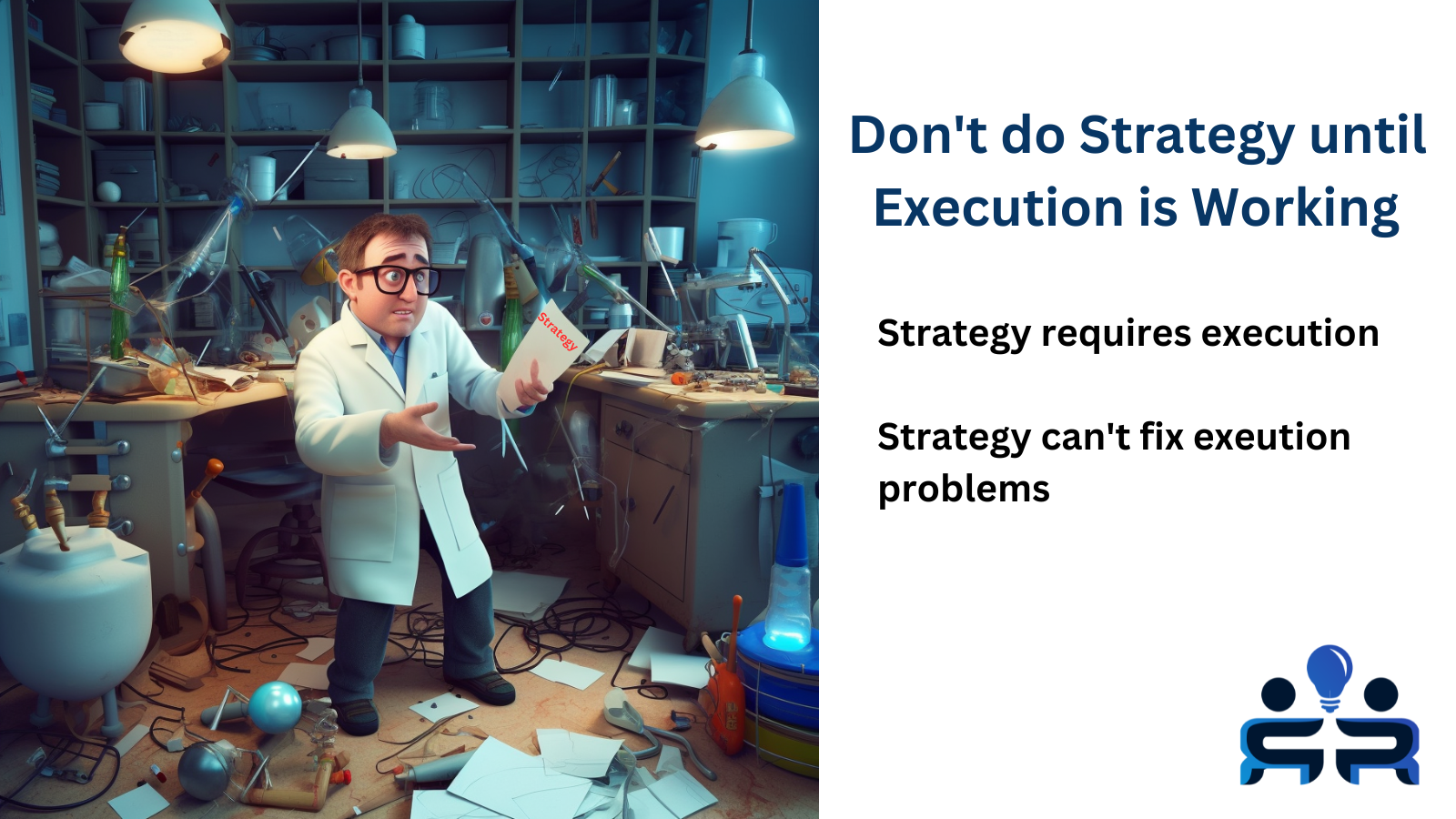
RCT #169 - Why I Don’t Like “Strategy”, Part II: Execution First; Plus: Rotate external presentations with the Share-Out; Cognitive load; Data engineering code is software, not duct tape; LLM tools
"Strategy without execution is irrelevant" - before tackling strategy, focus on routine management issues like collaboration and team functioning.

RCT #168 - There’s no such single thing as strategy. Plus: Right-sizing postmortems; surviving your software project’s first 100,000 lines; Maintainer Month; Good First Issues and Mentorship; Promoting Our Organizations
Why I Don’t Like “Strategy”, Part I: No Such Single Thing After over three years writing the newsletter and talking with RCD managers more frequently, the...
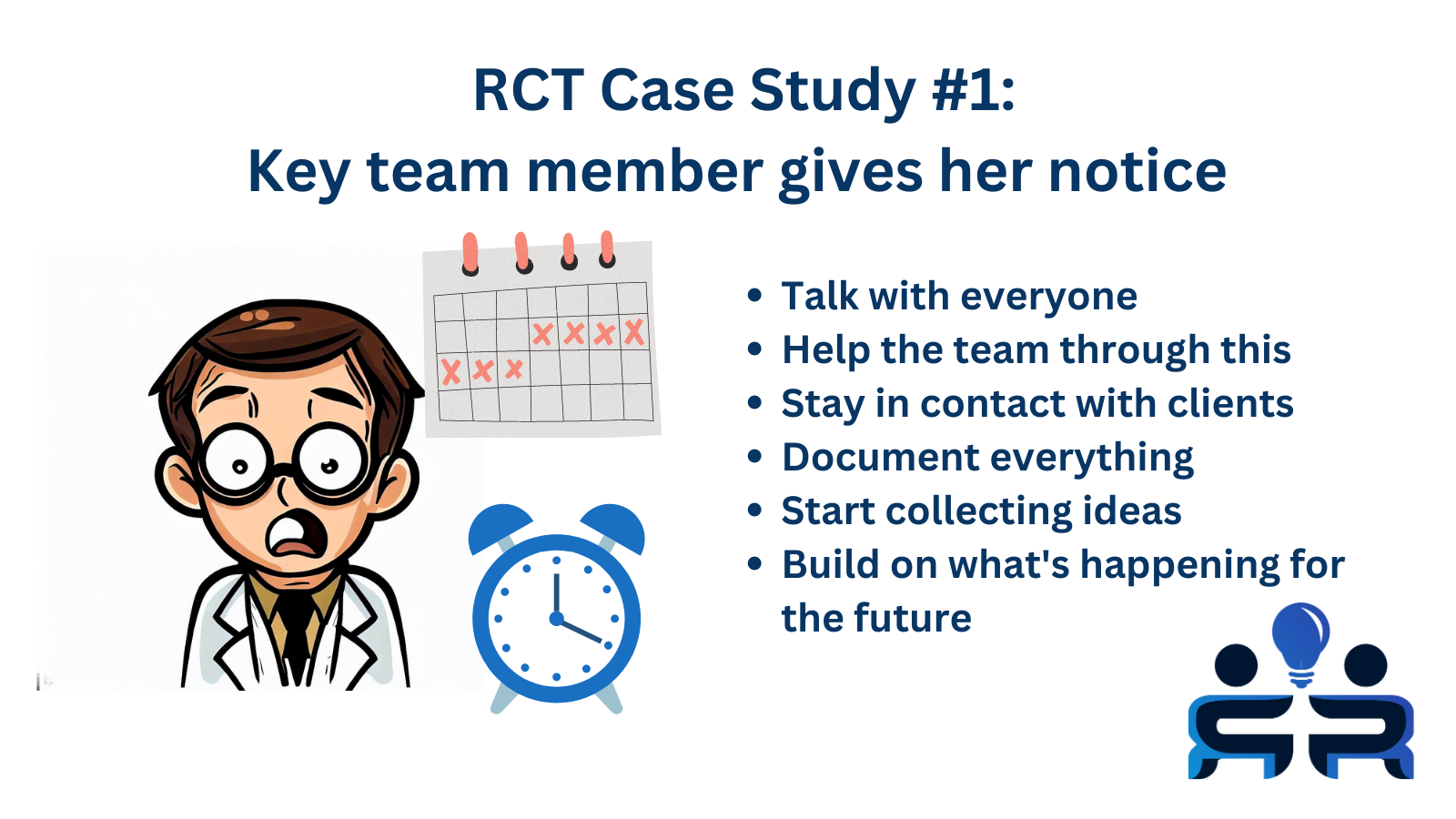
RCT #167 - Case Discussion: Advising The Peer Whose Key Team Member Is Leaving. Plus: Getting retrospectives right; Productized Services; Mojo; LLNL Sees Fortran’s Risks; Attack of the micro LLMs
Dealing with the sudden departure of an experienced team member and managing priorities and stakeholders during the transition.
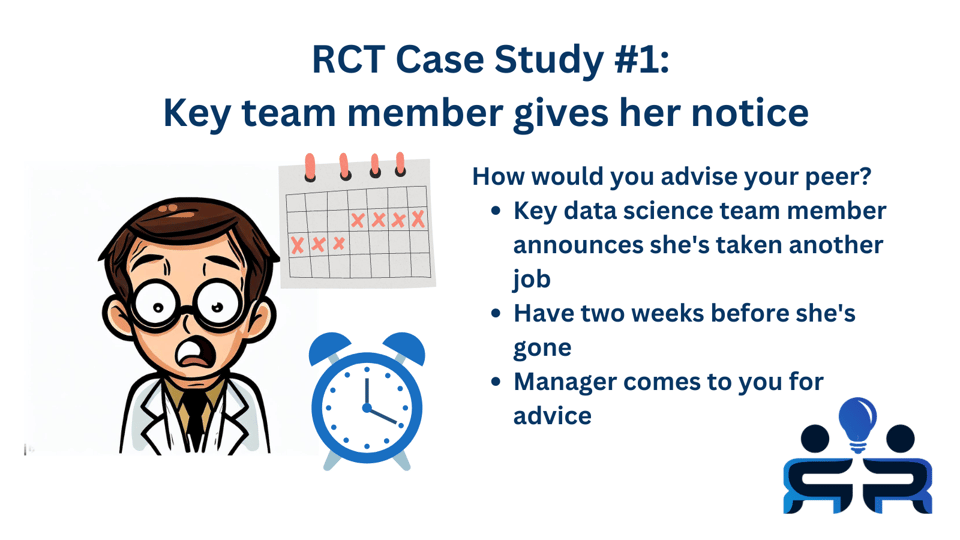
RCT #166 - Case Discussion: a key team member leaves. Plus: Making tools easy to use; Using ChatGPT for technical writing; RSE-AUNZ’s strategy process; ACM CHI 2023 highlights; C4DC data sharing agreement library; Arrow and Apache Superset for data dashboards; Front-line data science; Learning from near misses
Here’s the first in what will be a recurring series of case study/tabletop exercise: the team member a manager most relies on announces they’re leaving. In...
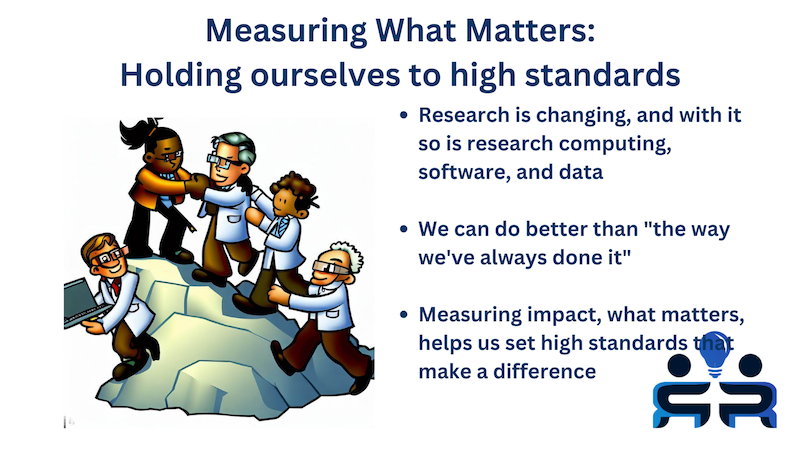
RCT #165 - Holding ourselves to high standards. Plus: Missteps of a new technical lead; Balancing customization and standard offerings; Comparing embedded analytics databases; RDMA within Azure; DDR4 organization and bandwidth; checklists for psychological safety
I’m going to close out this discussion of focussing on the ends (outcomes and impact) and not the means, and measuring what matters, with a point that I...

RCT #164 - The Logic Of Collaboration For Nonprofits Like Us. Plus: Northwestern’s student workforce program; Speeding up processes; Declare backlog bankruptcy; Unit testing data code.
The Logic of Collaboration For Nonprofits Like Us In this third issue in the "measure what matters" series, I want to continue on the topic of planning and...

RCT #163 - Measure What Matters - Logic Models. Plus: Reducing the lottery factor; Polars; LLMs in Production; Cloud-first databases.
Last week (#162) I spent a lot of time on training evaluation and the Kirkpatrick model, but the underlying idea has much wider application. We chose...
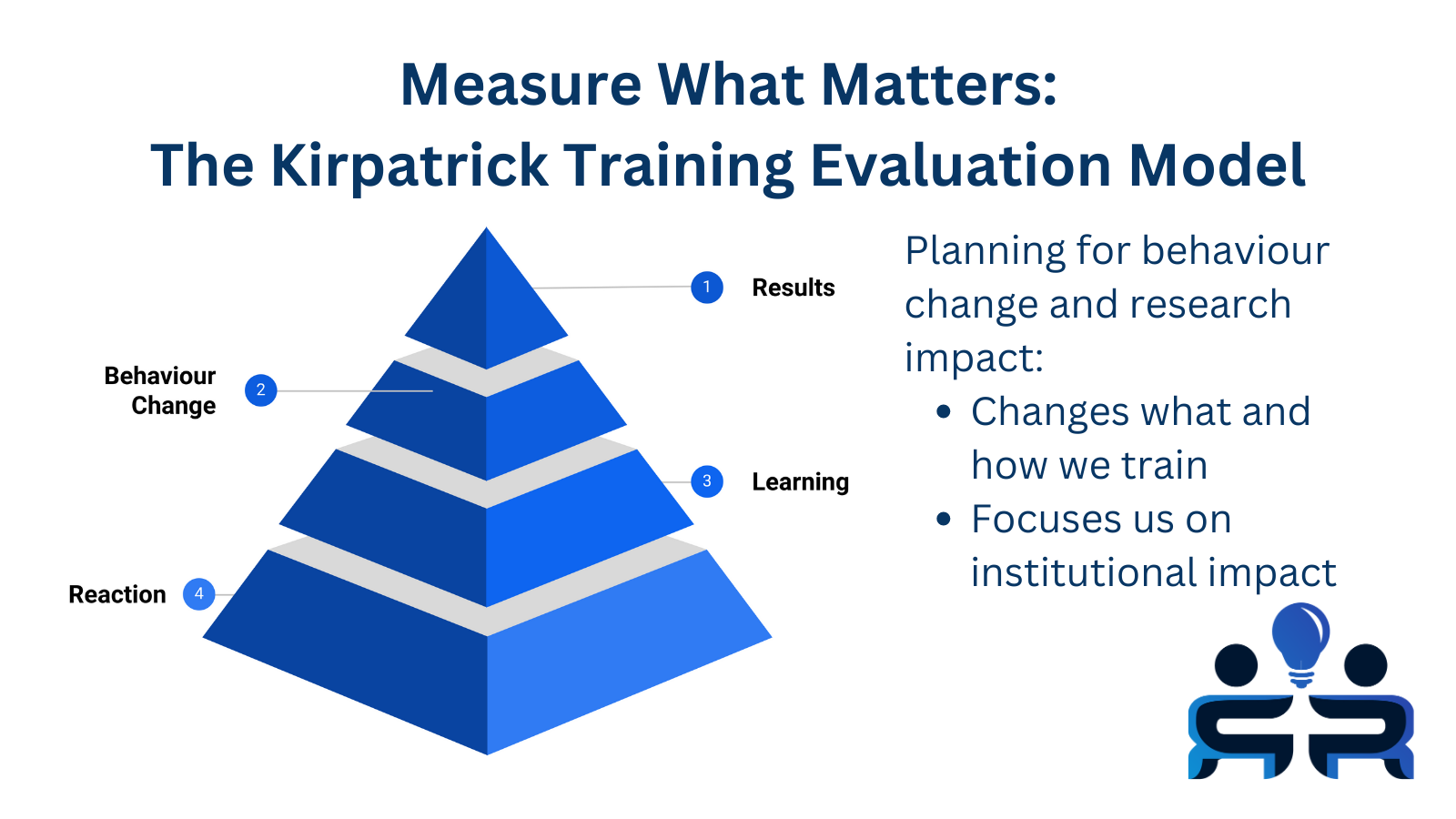
RCT #162 - Measure what matters, Part I: Kirkpatrick Models. Plus: Role of a Tech Lead; User Interviews 101; Shared Services Organizations; Maintainer Guides; Refactoring; ROI
I’ve had some great conversations following up from the surveys article (#159) - thanks! You’ll likely remember that my argument was that while surveys can,...
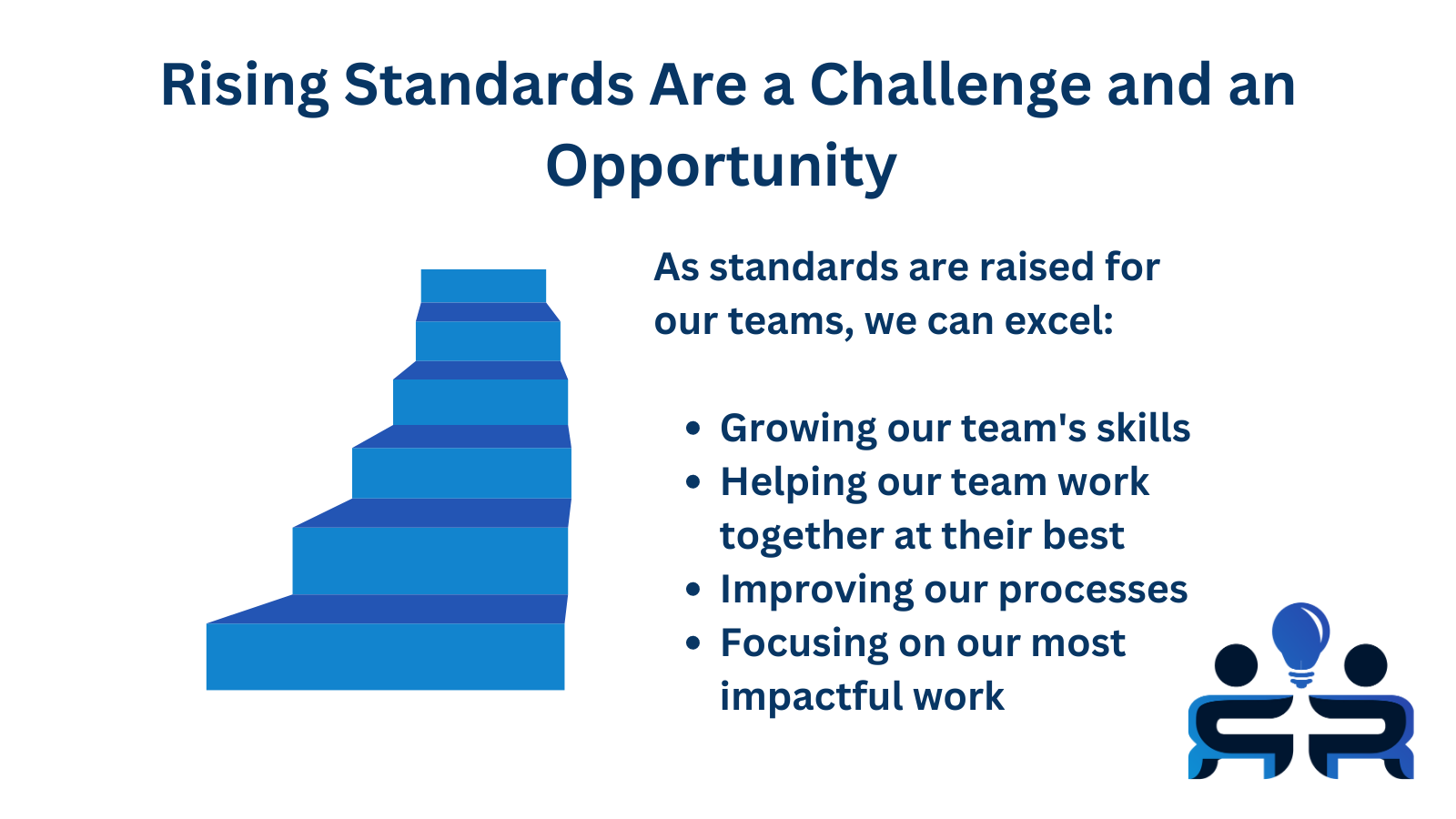
RCT #161 - Supporting RCD teams as standards rise; Project management for developers; LLMs, software development, and Copilot X; Test flakiness, languages, and fixes; persistent identifiers; SRE approach to risk management
I feel strongly about the RCT job board — operationally, one of the things that defines a profession is some common places to look for new career...
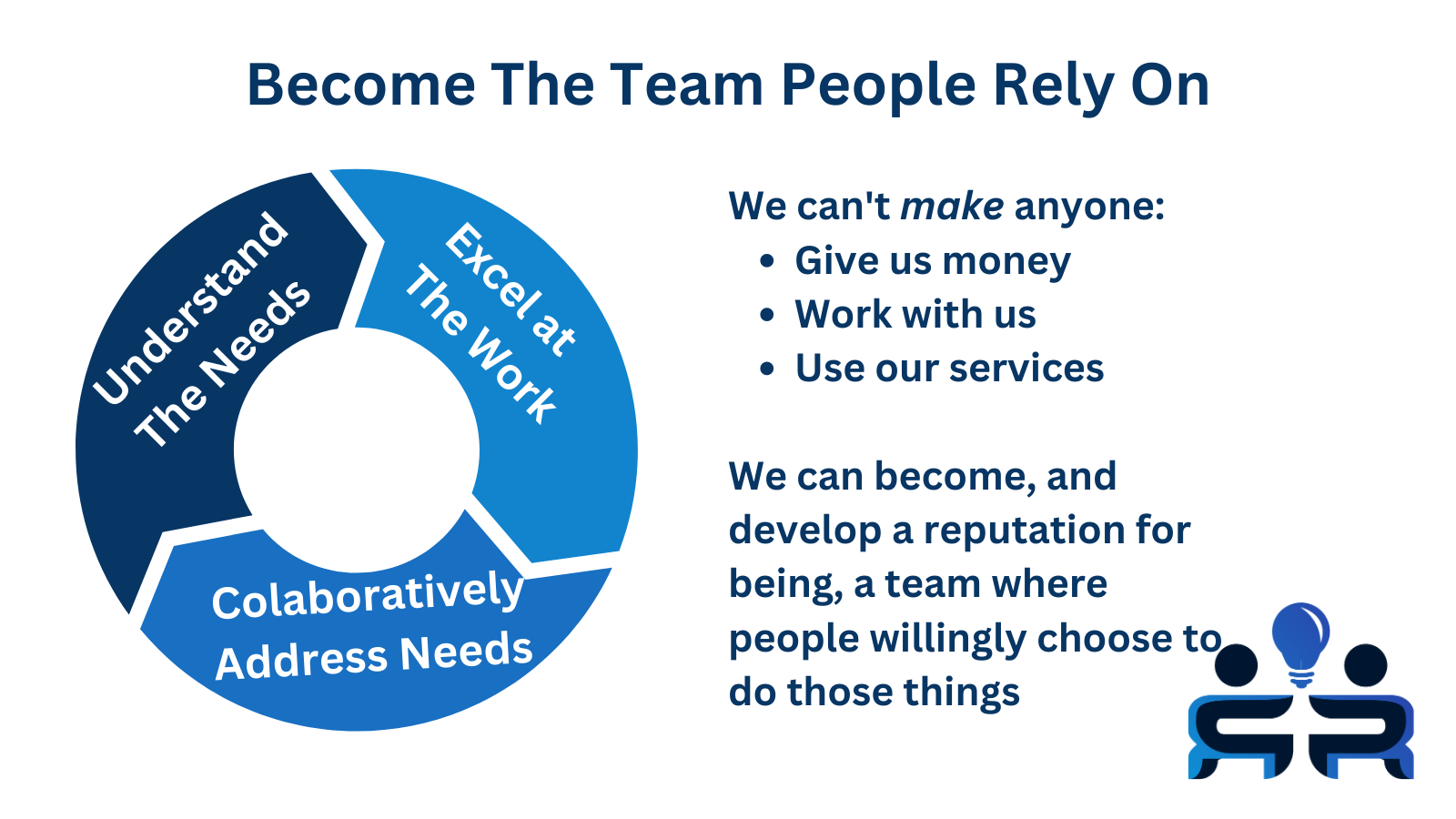
RCT #160 - Become the go-to team; Remove uncertainty first; Drop the plastic balls; User research; Research software categories; RSE Onramps; When do hard drives fail
Research Computing and Data managers typically have a lot more responsibility for given level of seniority than (say) equivalent levels in a large company....
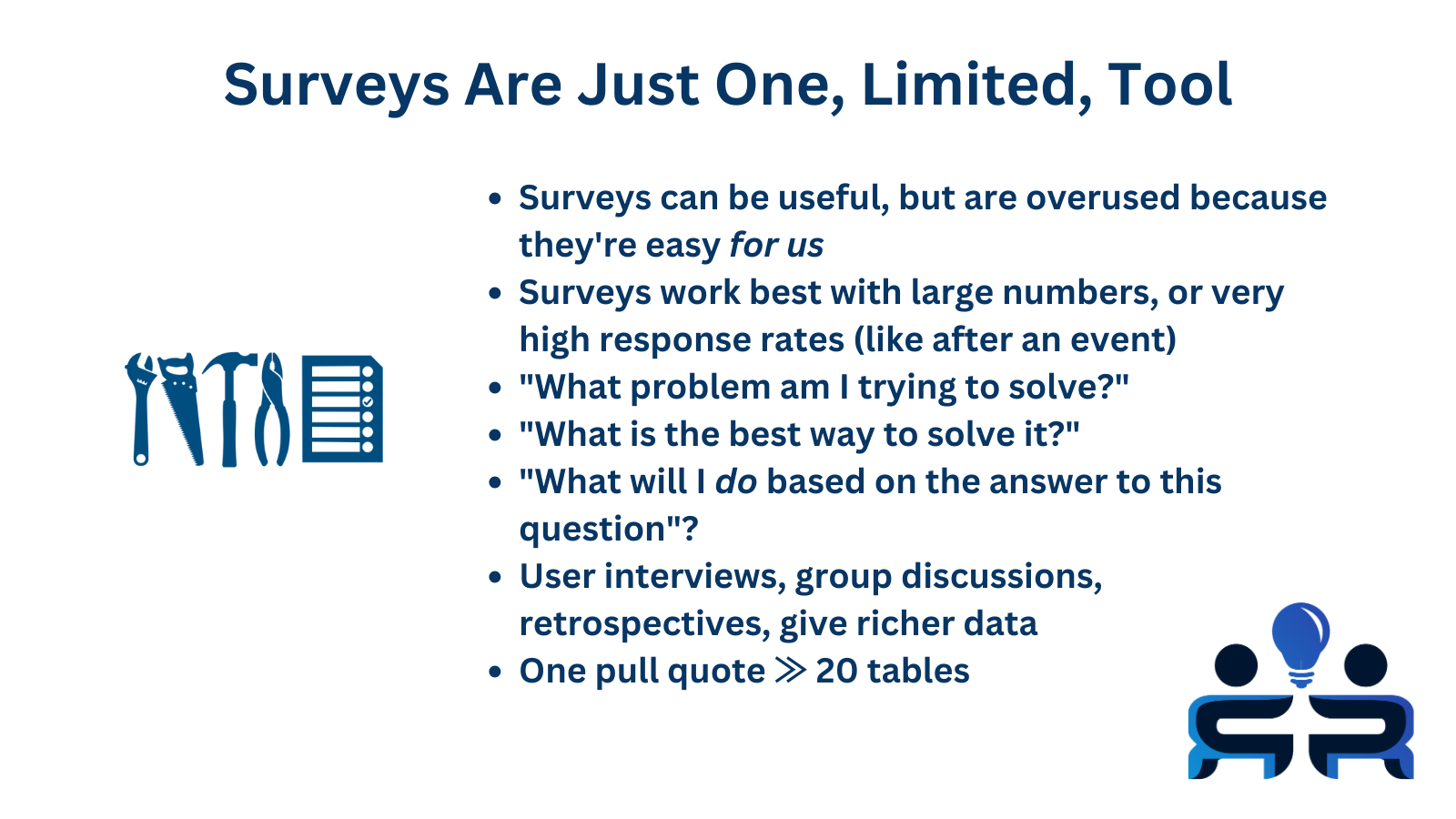
RCT #159 - Use surveys sparingly; Iterative strategy; Stuff costs money; The lone developer problem; Using incidents to improve reliability; Backblaze SSD stats
How many surveys have you skipped over or deleted in emails or web pages in the last month? Whenever I suggest we talk to people more often, the question of...

RCT #158 - Find out what has the most research impact by asking researchers; Stop overhelping; When and how to address tech debt; Build a behavioural answer database; Research software needs in arts & humanities, and ecology; Pandas 2.0 and Arrow; Everyone’s going XPU; Go beyond incidents to reliability
In #153 I mentioned Arm’s new hybrid training delivery model, where they have synchronous meetings for kickoff, Q&A sessions, and closing; but the bulk of...
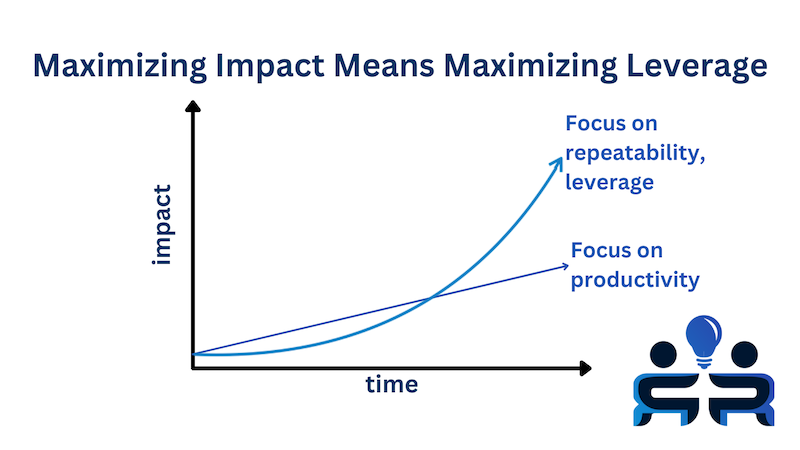
RCT #157 - Leverage and reproducibility for increasing impact; Retrospective antipatterns; Prewiring; Becoming a lead-of-leads; UKAEA’s central RSE team; Transparent software telemetry
When I talk to team managers and leads, individually and in groups, I often say something along the lines of our mission, as RCD leads, is to advance science...
RCT #156 - Knowing what your strategy is; Introducing Manager, Ph.D.; UCL ARC on their 5-profession career ladders; Doing more with less; Aligning strategies; Project retrospectives; Building a relationship with your boss; Your leave document; Data migrations; Behavioural interviews; Turning Devs into DevOps-ers (or SREs)
Hi! A couple of reader replies from the last issue - here’s long-time reader Scott Delinger, CEO of Canadian regional academic HPC consortium Prairies DRI...

RCT #155 - Strat plans don't transplant; Hybrid work survey; Talking after mass shootings; Writing SOPs; Minimize WIP; Inclusive events; HPC Security draft
Hi, everyone! As you can see, I’m slowly getting back onto the regular newsletter schedule after coming back from my belated holidays trip. Thanks for you...

RCT #154 - Running a meeting effectively; Creating a team and a career ladder w/ Ian Cosden; Layoffs won’t make it easy to hire; US-RSE Group Leaders' Network; Core biomed open science practices; Matlab for Jupyter; Two years of Code For Thought"
Hi everyone - A quick request before we get started. I’m thinking of refactoring the newsletter a bit, pulling some things out into a separate email. It’d be...

Research Computing Teams #153, 28 Jan 2023
Hi! Last week I talked about the purpose of a meeting, and how for recurring catch-all meetings like team meetings, each agenda item might have its purpose....
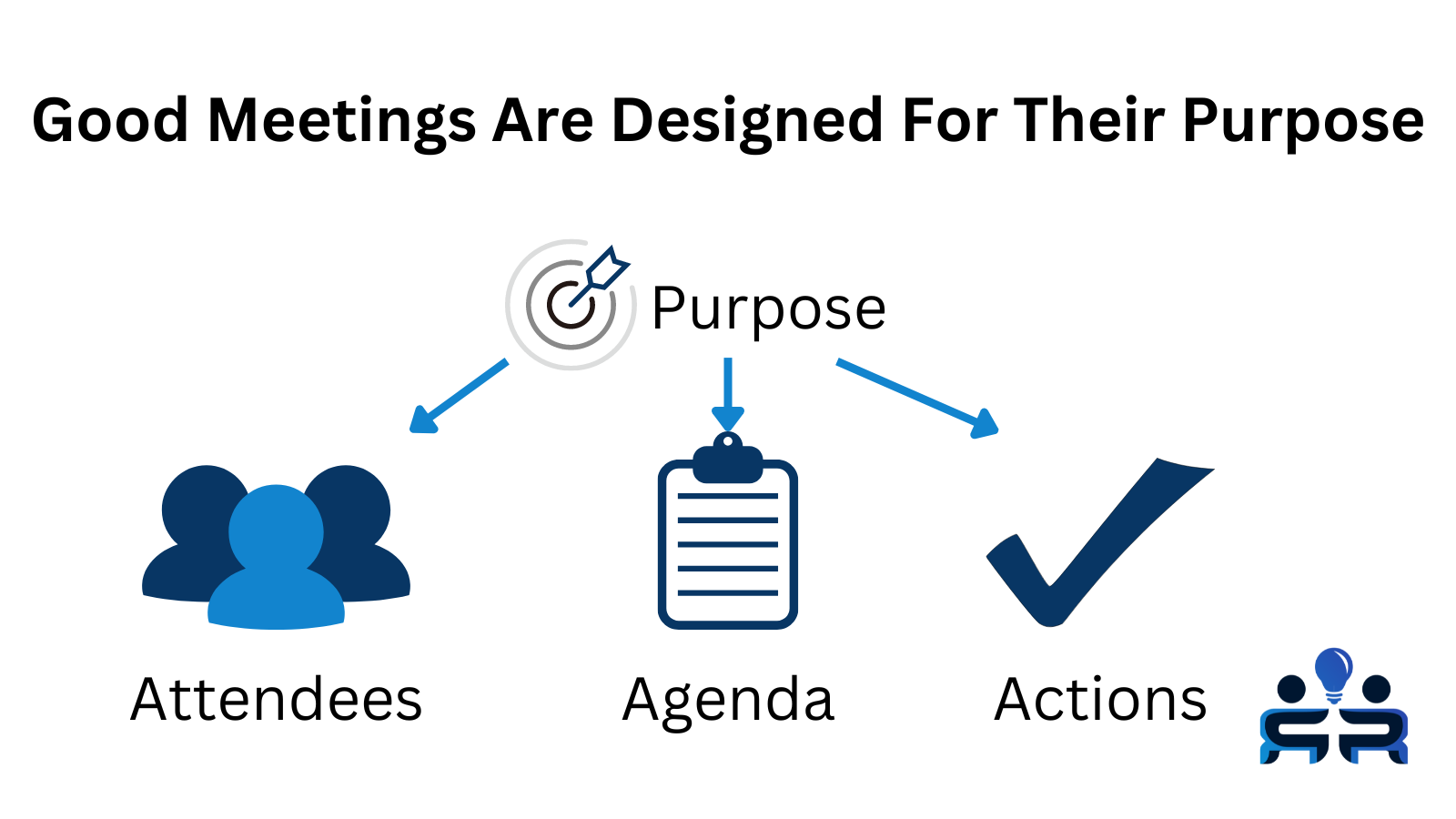
Research Computing Teams #152, 22 Jan 2023
Hi! Sorry for today’s issue being late - I’ve just gotten back from my first trip since Feb 2020, a long-delayed trip to visit family. Travel was… fine?...

Research Computing Teams #151, 14 Jan 2023
Happy 2023, everyone! I hope you enjoyed the holidays and that the new year has been good to you so far. This will be a short newsletter while we all get...